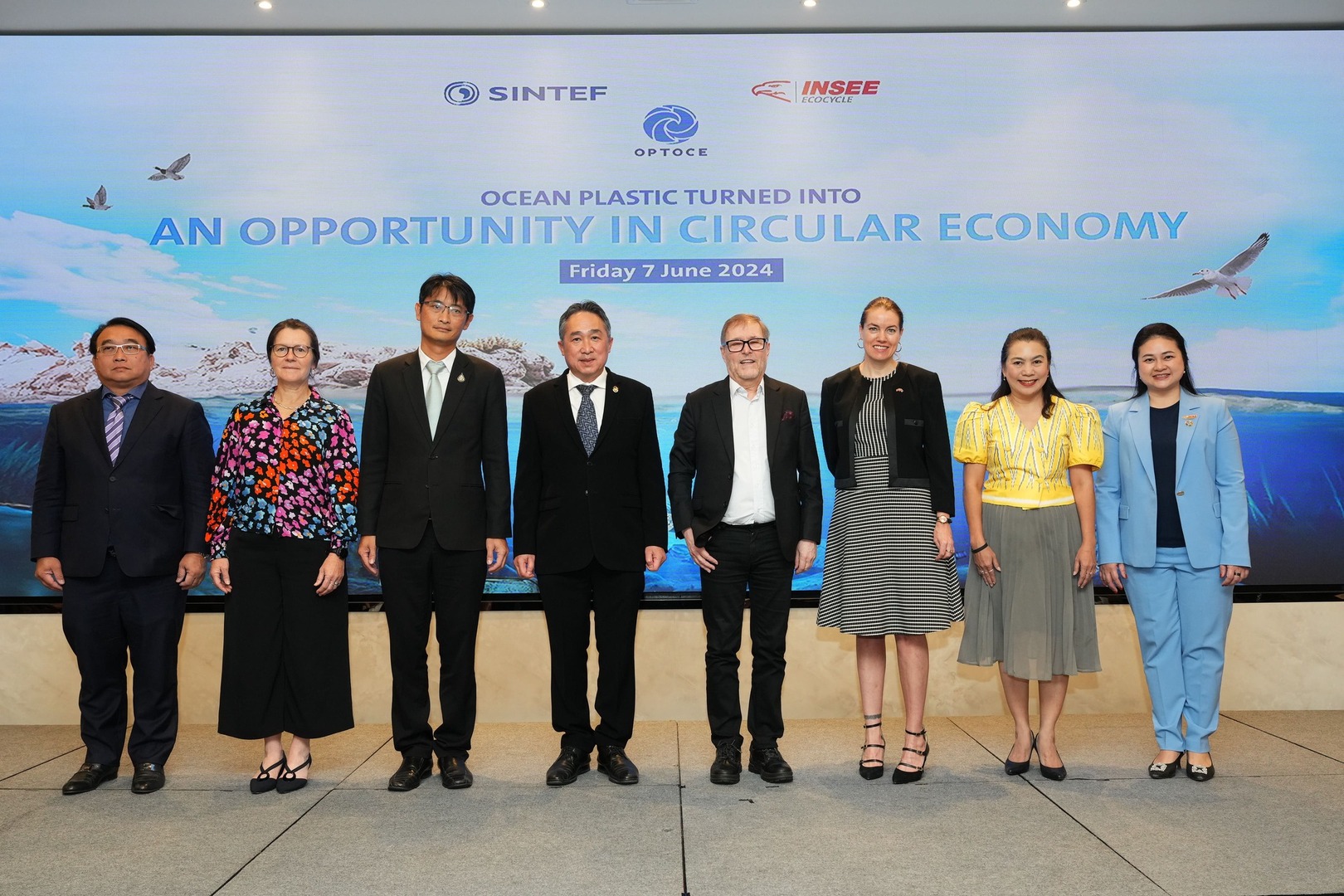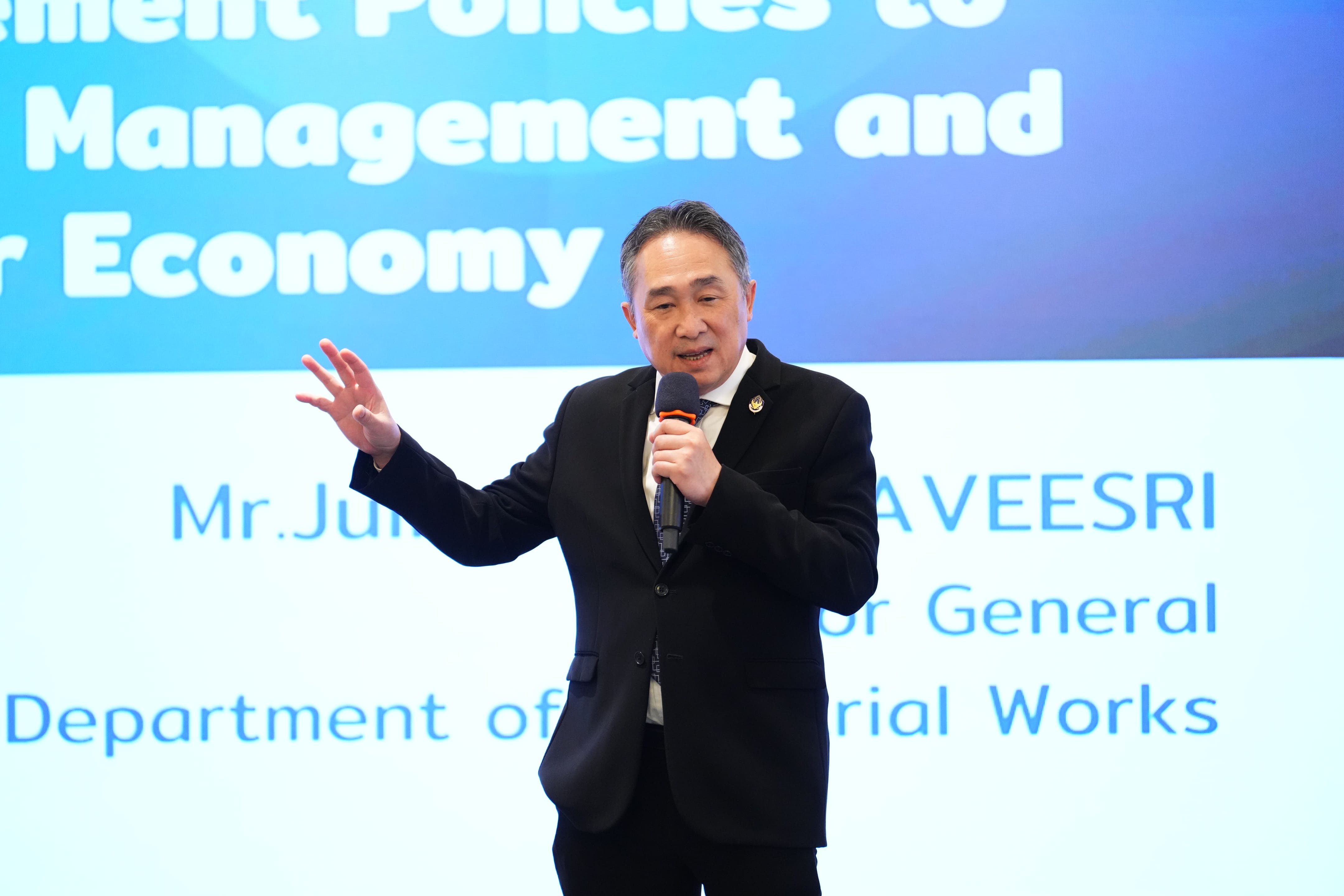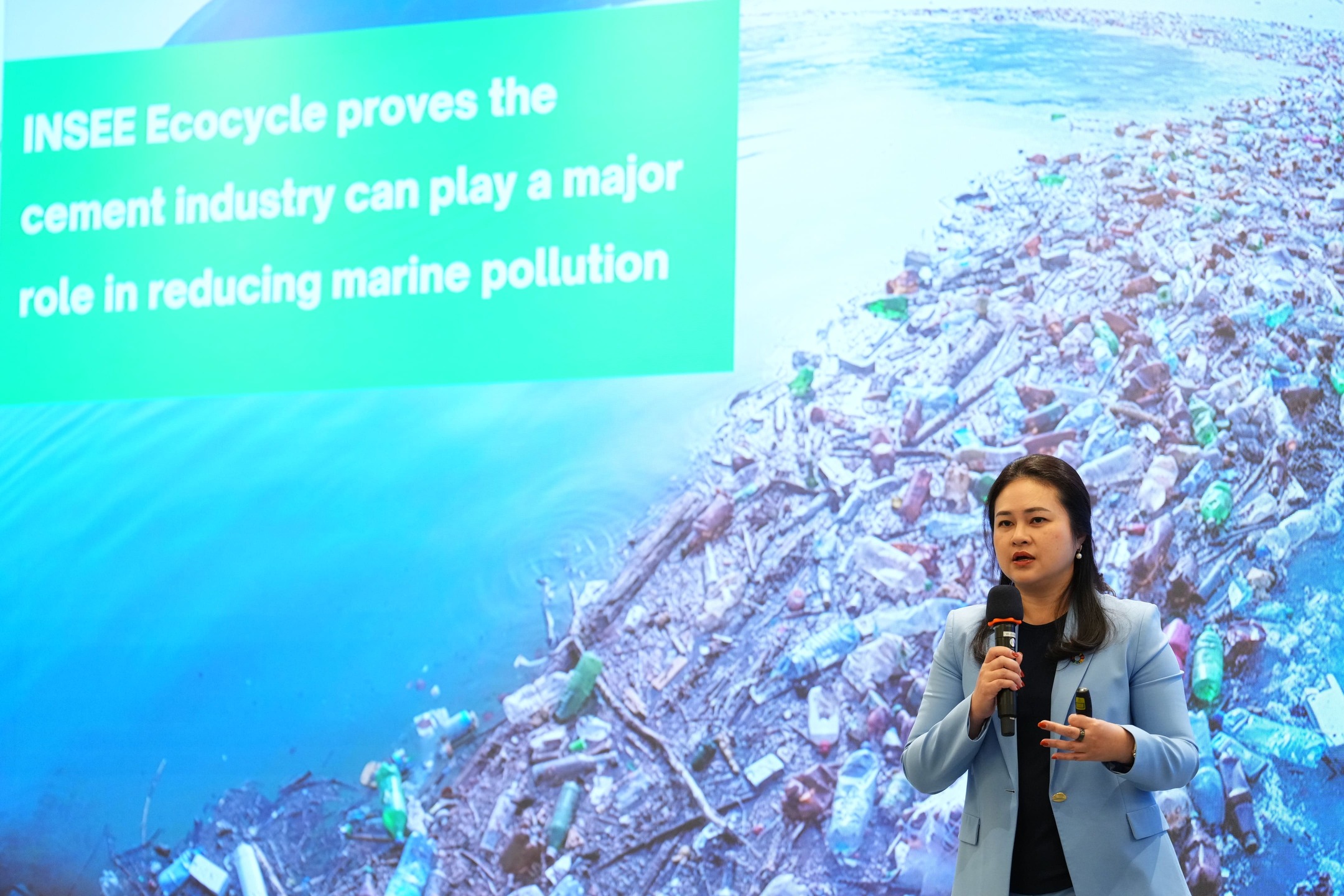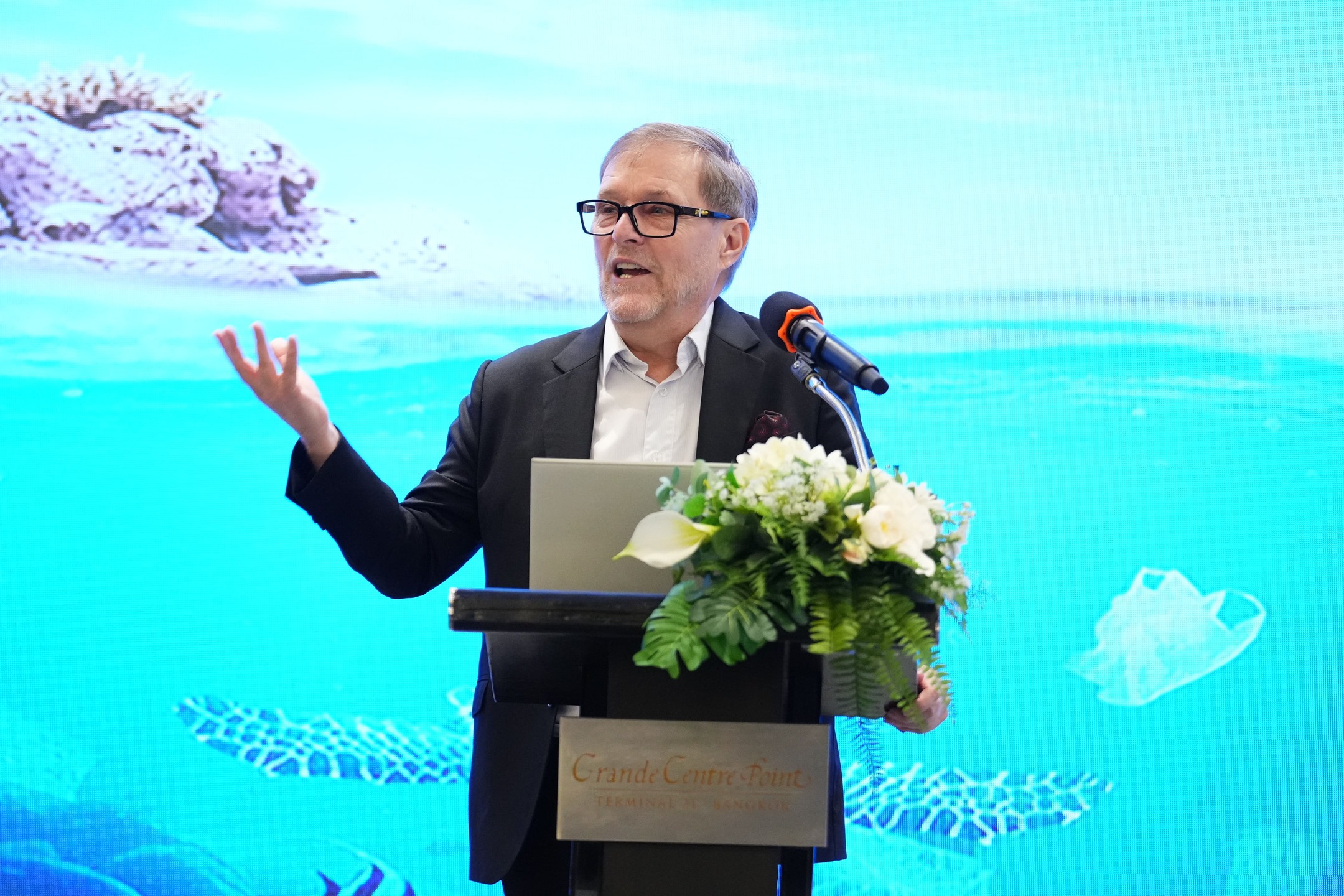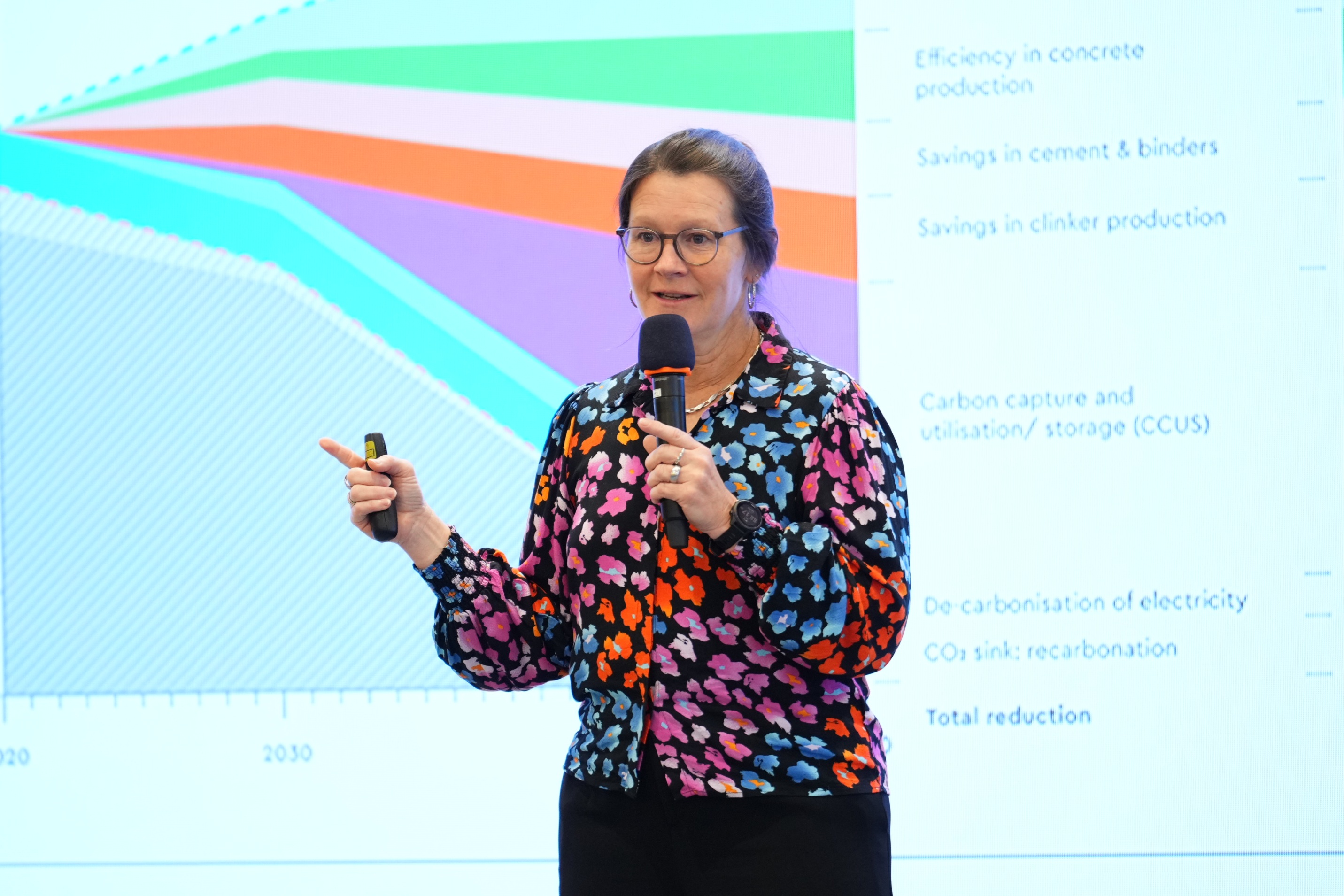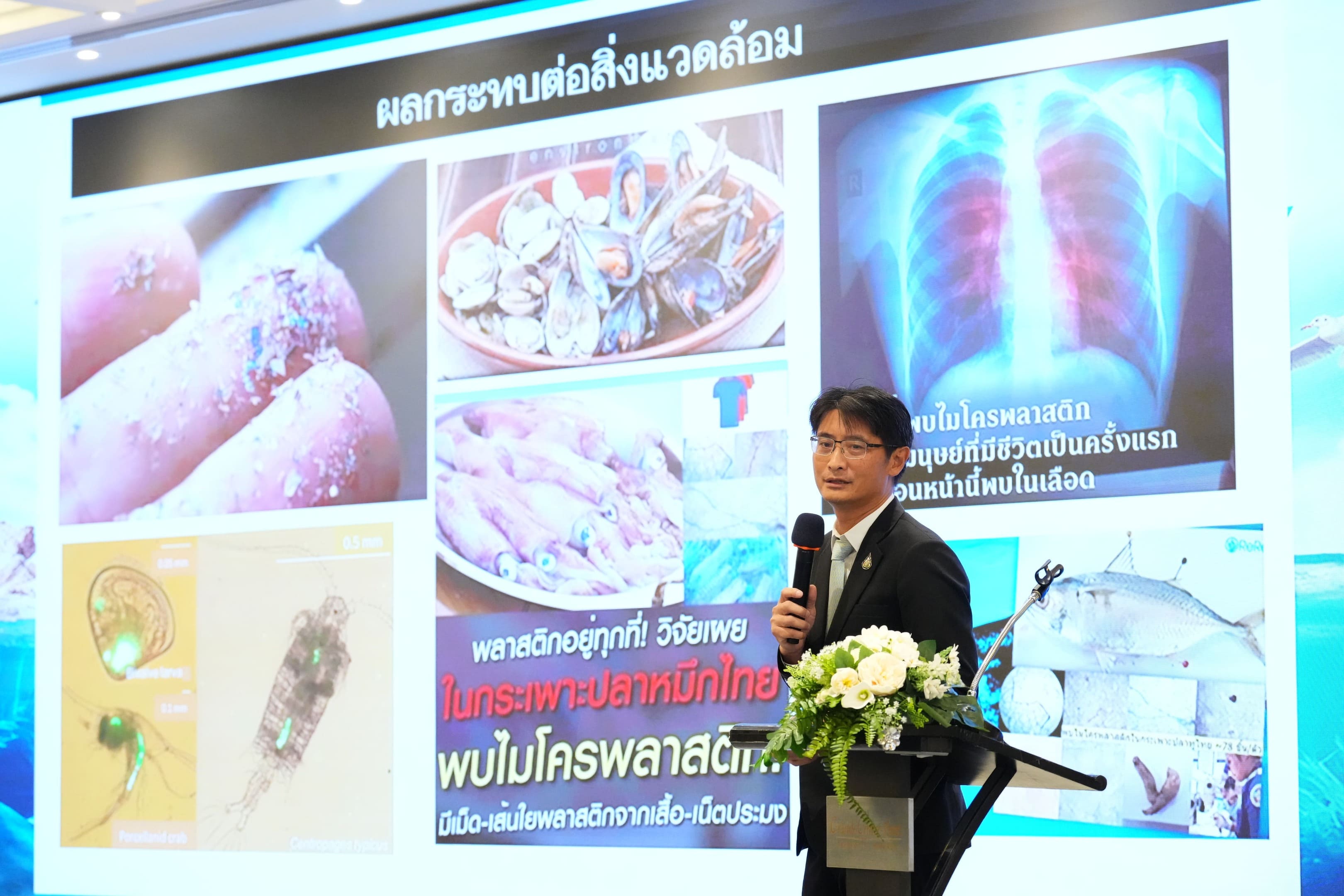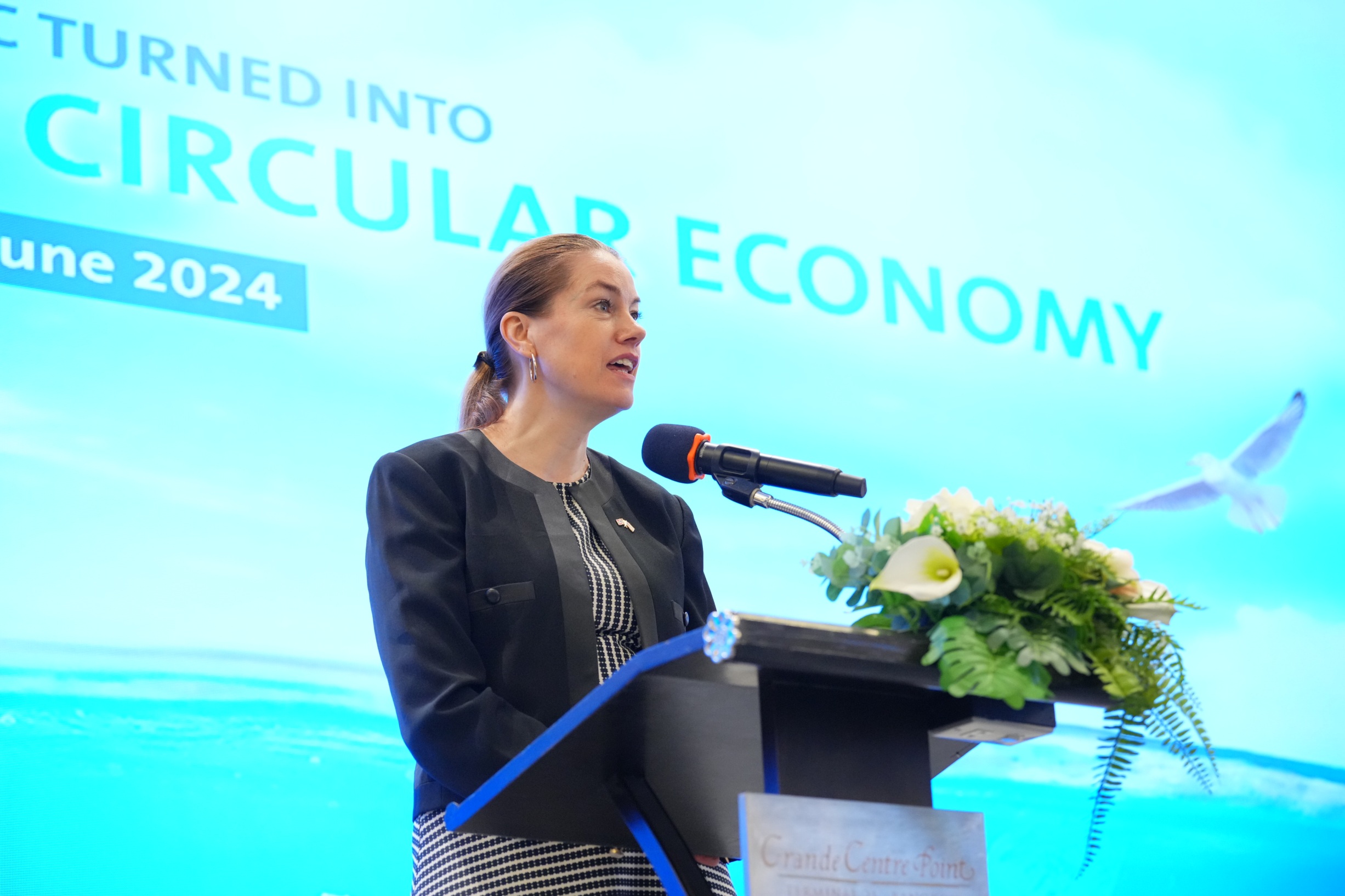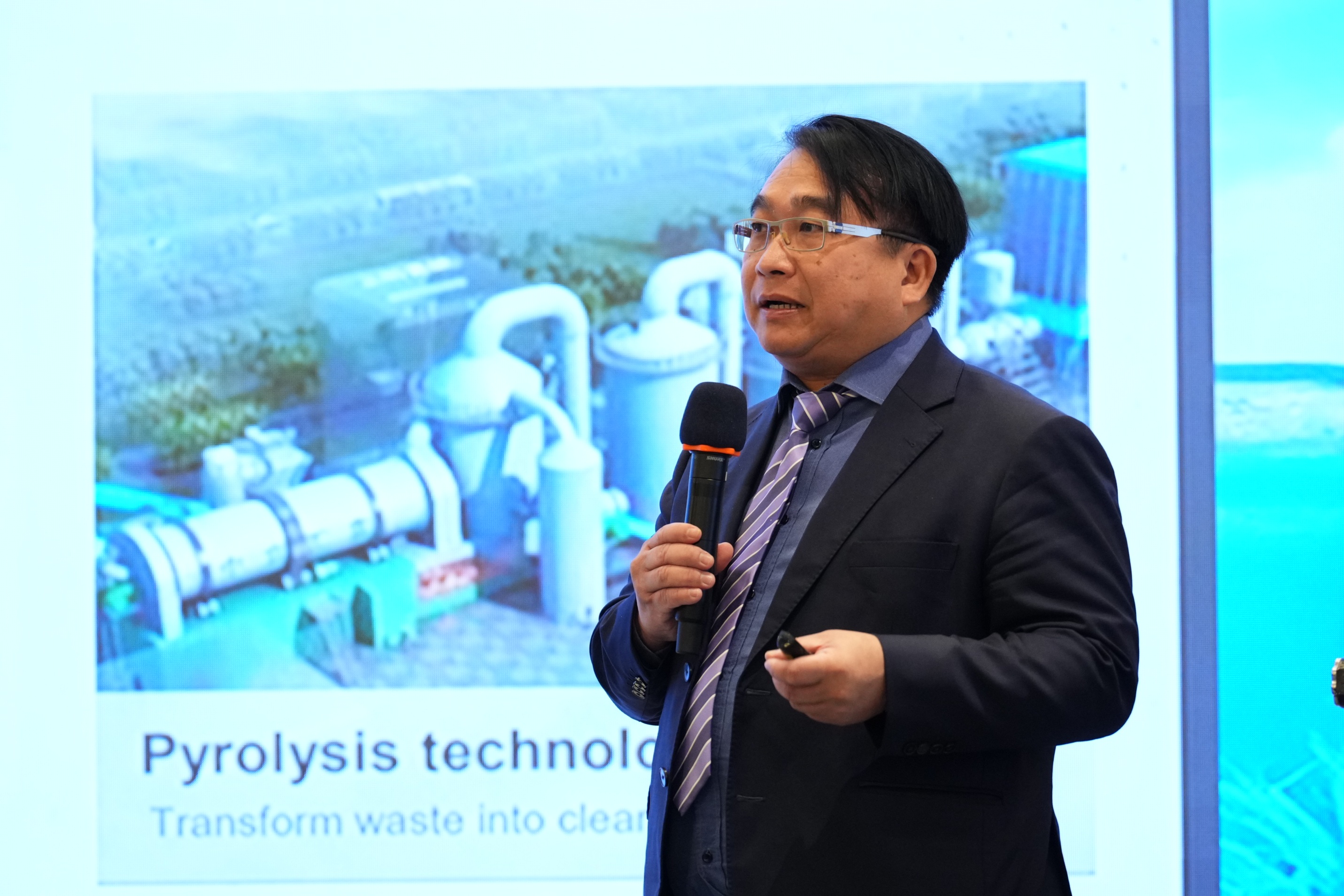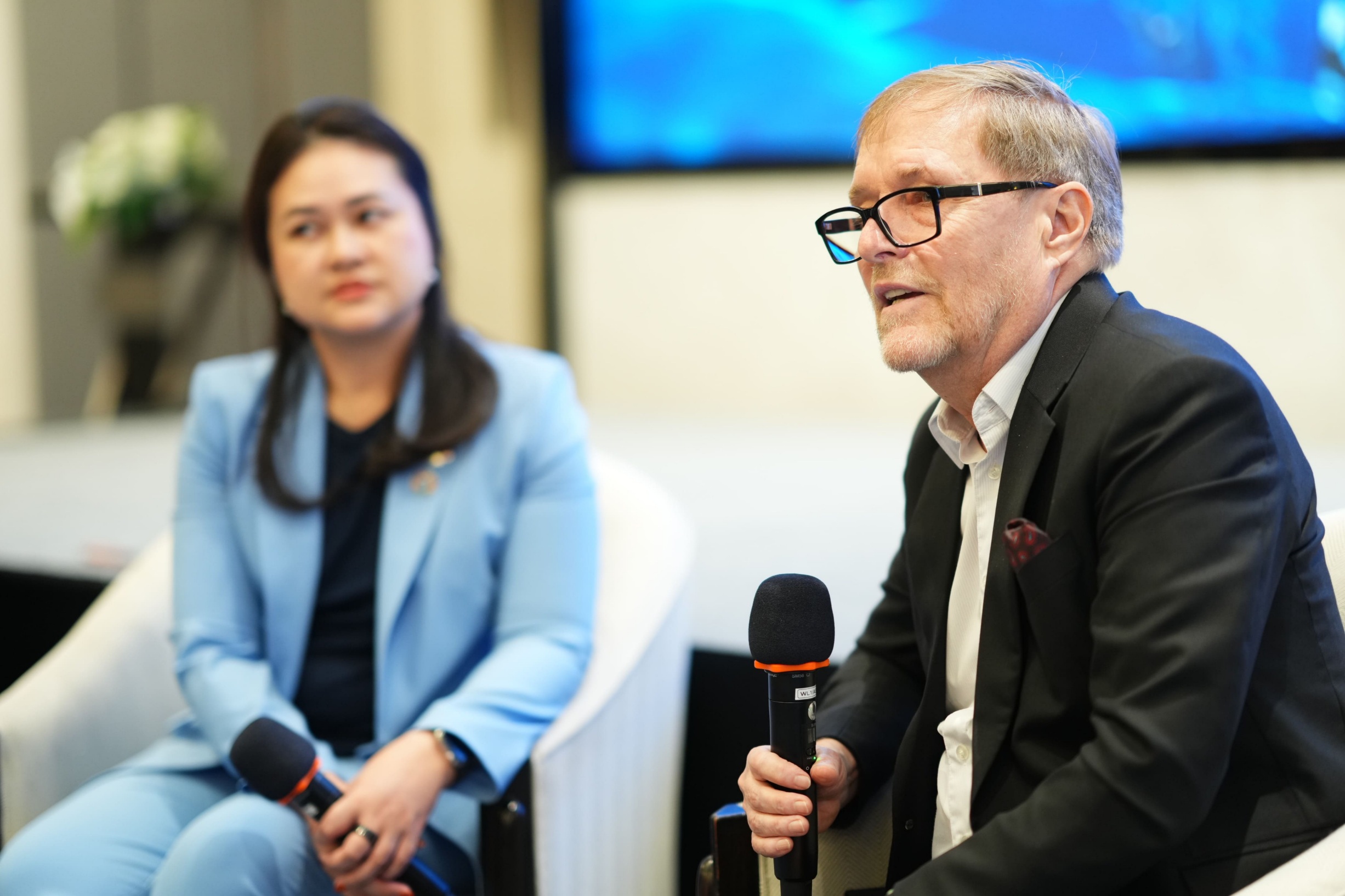News

INSEE Ecocycle Collaborates with SINTEF to Propose Solutions for Reducing Ocean Plastic Pollution
INSEE Ecocycle Collaborates with Norwegian Research Institute SINTEF
to Propose Solutions for Reducing Ocean Plastic Pollution
Bangkok, 7 June 2024 — The Ocean Plastic Turned into an Opportunity in Circular Economy (OPTOCE) project highlights ongoing efforts to transform ocean plastic into a valuable resource within the circular economy. The project reveals findings from its study on Thailand's waste management potential, noting that the cement industry has the capability to dispose of low-quality and non-recyclable plastic waste. By adopting co-processing in cement kilns, this approach is expected to reduce coal usage and prevent at least 100,000 tonnes of plastic waste from entering the ocean annually. This initiative represents a sustainable waste solution aligned with the goals of a circular economy.
The OPTOCE project, established by the Norwegian research institute SINTEF and funded by the Norwegian Government's development program to combat marine litter and microplastics, focuses on studying and finding ways to eliminate non-recyclable plastic waste and reduce plastic waste entering the oceans. The project collaborates with local entities in multiple countries, including four partner Asian nations—China, India, Thailand, and Vietnam—to study various types of non-recyclable and low-value plastic waste in large quantities. It explores the opportunities and drawbacks of involving the cement industry in plastic waste management in Thailand and other regional countries. The goal is to find appropriate disposal methods that sustainably address ocean plastic waste.
As part of the OPTOCE efforts in Thailand, the research institute SINTEF has partnered with INSEE Ecocycle to explore the potential of co-incinerating non-recyclable plastics in cement kilns. This pilot demonstration involves using plastic waste from landfills to produce Refuse Derived Fuel (RDF) as an alternative fuel in cement production. The testing was conduct under different conditions to assess each potential impact by analyzing various technical data, including calorific value, process and quality parameters, and detailed standard measurements. The pilot's results showcased how the involvement of the Thai cement industry has high potential to help solve non-recyclable plastic waste management issues, much of which would otherwise leak and end up in the ocean.
Dr. Kåre Helge Karstensen, chief scientist of SINTEF and project manager of OPTOCE, says, “An estimated 13 million tonnes of plastic waste end up in oceans every year, contributing to the destruction of biodiversity, economic instability, and adverse effects on people’s health. If no action is taken, it is expected that the amount of plastic waste will triple by 2040. International cooperation is key to tackling plastic waste at the source before it reaches the oceans. In Thailand, a pilot demonstration was conducted in March 2023, using a large quantity of non-recyclable plastic waste (NRPW) from a legacy dumpsite as an alternative fuel for co-processing in a cement kiln. The objective was to investigate the benefits of landfill/dumpsite mining and to document current practices. The co-processing approach presents numerous advantages, particularly in tackling the challenges associated with plastic waste, by offering the potential to replace traditional fossil fuels. By using plastic waste as a supplemental fuel alongside coal, cement kilns can reduce their dependence on these fuel sources. 16 Pilot demonstrations have so far been conducted in local cement plants in four countries which is in China, India, Thailand, and Vietnam, various types of high-volume non-recyclable plastic waste have been tested and proven technically feasible and environmentally acceptable for co-processing in local cement kilns. These tests showed that feeding plastic waste does not affect emissions of air pollutants, including dioxins. Annually, these cement plants will prevent at least 650,000 tonnes of plastic waste from entering the sea, while saving over 350,000 tonnes of coal each year. Significant amounts of CO2 will be saved, directly and indirectly..”
Norway’s research institute SINTEF and INSEE Ecocycle recently co-organised a seminar entitled “Ocean Plastic Turned into an Opportunity in Circular Economy (OPTOCE)”. The progress of the OPTOCE project was revealed at the event, focusing on the potential and results of the study in Thailand. The event included speakers from government agencies sharing information about waste management policies according to the circular economy approach, the situation of marine garbage, and guidelines for managing non-recyclable waste. Various stakeholders, including government agencies, research institutes, the education sector, manufacturers, and the industrial sector, attended the event.
Ms. Suchintana Viraratt, Chief Executive Officer - INSEE Ecocycle, one of the organizations participating in this project, says, managing low-value plastic waste, which is often not cost-effective for recycling or cannot be recycled at all, using co-processing technology represents an environmentally friendly waste management process. This approach allows for the recovery of energy from waste, aligning with the principles of the circular economy by reusing materials and enhancing resource efficiency. Current waste pollution is caused by inadequate waste management practices, resulting in a failure to reintegrate waste into the recycling cycle or reuse it effectively, compared to actual consumption rates. Despite efforts, much waste remains mismanaged and ends up polluting the environment. At INSEE Ecocycle, we view waste as a valuable resource that must be managed effectively to maximize its benefits. By using plastic waste that cannot be recycled as alternative energy, we not only provide a substitute fuel source for cement production and reduce reliance on fossil fuels but also mitigate the need for landfills or dumpsites, thereby preventing plastic from leaking into the oceans.
INSEE Ecocycle joined the OPTOCE project in 2019. Apart from that, INSEE Ecocycle launched an initiative to produce Refuse Derived Fuel from municipal waste. This project has operated continuously, aiming to diminish the impacts of community waste landfills. Additionally, the company collaborates on various projects with sustainability partners, such as drop-off initiatives for collecting low-value or non-recyclable used plastic packaging, particularly multi-layer plastic and single-use plastic containers. These materials can be used as alternative fuel to help reduce marine pollution, explains Ms. Suchintana Viraratt.
For more information, please visit: https://optoce.no




